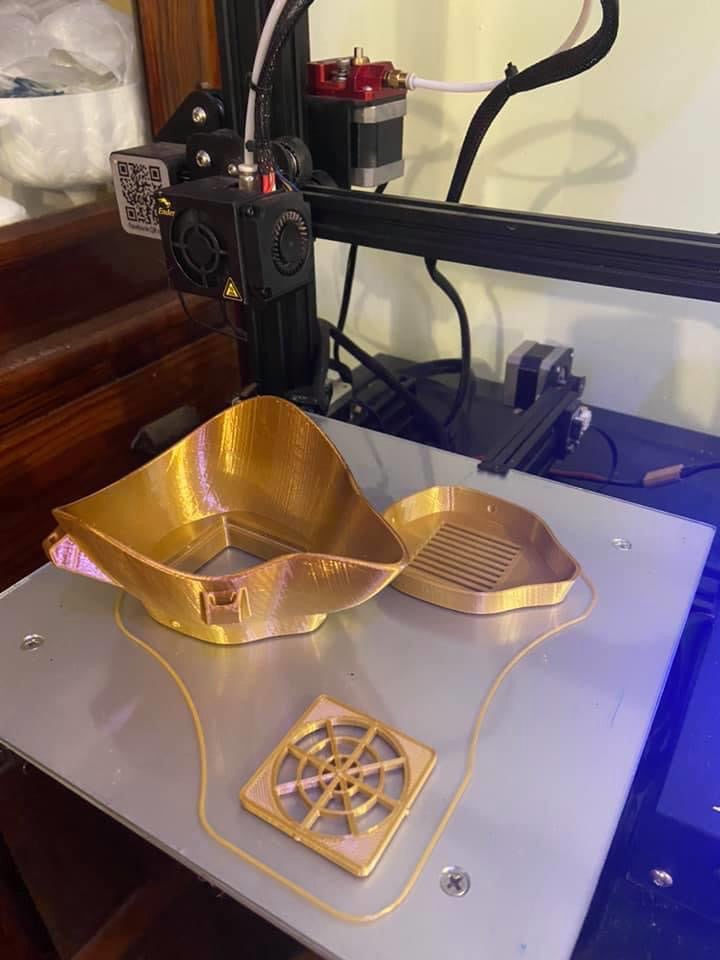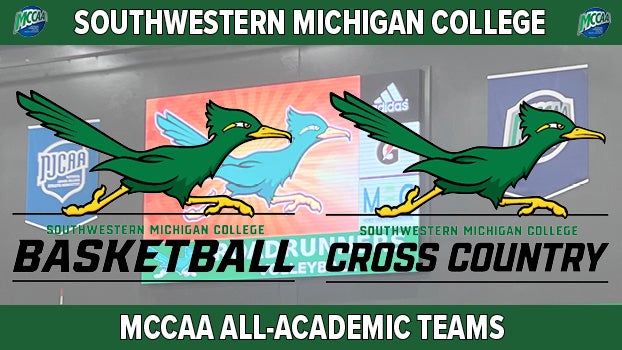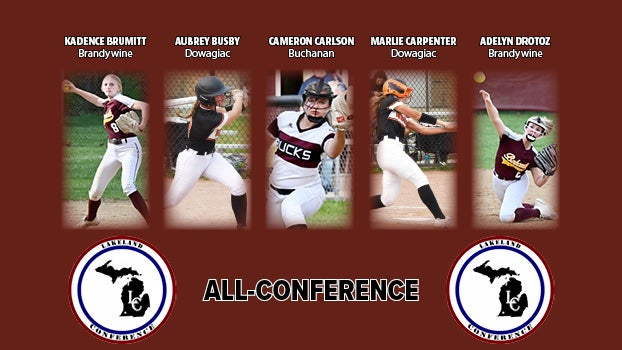Local makerspace donates masks, mask holding bands
Published 2:00 pm Wednesday, April 22, 2020

- Pictured are 3D printed masks that the Niles STEAM Room’s executive director Gail Bliss made to donate to Lake Michigan College and Print Force’s efforts against COVID-19. Bliss has been running the room’s 3D printer to help meet community needs for protective gear. (SUBMITTED)
|
Getting your Trinity Audio player ready...
|
NILES — The Niles STEAM Room has fallen quiet lately, save for the low hum of a little machine that is on a mission to help.
The “little machine that could” works day and night creating parts from a roll of PLA plastic, layer by layer. The machine is the STEAM Room’s 3D printer.
Gail Bliss, executive director of the Niles STEAM Room on N. Fifth Street, has been busy with a new skill that she has acquired. Realizing that there was a need for masks in the wake of the COVID-19 pandemic, and that masks could be 3D printed using materials that the space already had, Bliss got to work making masks to be donated.
“When we had to shut down to the public, the machines and the things were open to the users, but everyone was kind of staying at home, and the machines were sitting there doing nothing.” Bliss said.
As with businesses and schools, the Niles STEAM Room has been impacted by the COVID-19 mandates in Michigan. The room would usually be hosting workshops and classes, and filled with its monthly users who pay for access to use the technology provided them. Those using the makerspace have access to tools like 3-D printers, a laser cutter, pottery wheel and kiln, a sewing machine and more.
Finding the “Print Force” group on Facebook, a group of people throughout Michigan with 3D printers working together to coordinate the distribution 3D printed masks to places in need, Bliss originally used a file provided by the group to create masks. She also connected locally with Lake Michigan College to use its file with the 3D printer to help make more masks the STEAM Room to distribute as well.
The masks were made of PLA plastic, which could be later molded to fit the face. The masks also had a removable portion in the front where a square of highly rated furnace filter material could be added, to help provide protection against airborne germs and viruses, like COVID-19.
“It’s plastic, so it can be washed. You can disinfect it,” Bliss said. “You just take off the removable part and put the filter in there and put the cap back on.”
The needs for donated materials have since transitioned. The masks generally take 10-hours to print, as each layer of PLA is a pass the printer needs to make.
The donations requested from Lake Michigan College and the Print Force group first transitioned to PLA plastic headbands that could help support a face shield for workers. Then, to mask holding clips that masks could be attached to take pressure off of the ears of those wearing elastic loops from masks regularly.
Bliss took to the Niles STEAM Room Facebook page to see if there was a need for these locally. She was surprised by the feedback she received. The ear-saving clips for masks were the biggest hit.
“Before I knew it, I needed a way to collect names and addresses to get these to them,” Bliss said.
By the time she finishes her existing requests, she will have printed more than 400 of the ear-saving bands.
“I can only print five at a time. It takes me about an hour each,” Bliss said. “I can do three batches in a 24-hour time period.”
Seeing the need before her, and hearing that members of the community wanted to help, Bliss opened up donations to help purchase a second, larger 3D printer.
Having raised about half of what she would need for a larger machine, she continues to work on meeting the requests she has already taken.
“I’m just plugging along,” Bliss said. “I’m just here pressing the button and getting the stuff off the plate.”
Bliss had not worked with the 3D printer as extensively previous to the COVID-19 precautions. Her son had showed her it worked, but in creating the masks and working with Print Force and Lake Michigan College, she has been able to learn and apply more knowledge of the technology than before.
“The makers around the world have made it super easy because they have sites like Thingiverse and Yeggi and things that provide files for you,” Bliss said, explaining that these search engines include user designs for 3D printers. “You can just go find something, download it and print it. So as a beginner, you’re really empowered with it. It’s super cool. Once you see how cool some of the things are that you can actually make, you can work up to the next level.”
The Niles STEAM Room will continue to print ear-saving mask holding clips, and has a Google Doc available on its Facebook page to reserve some if needed. Bliss is also still taking donations towards a larger 3D printer that could meet local needs faster.






